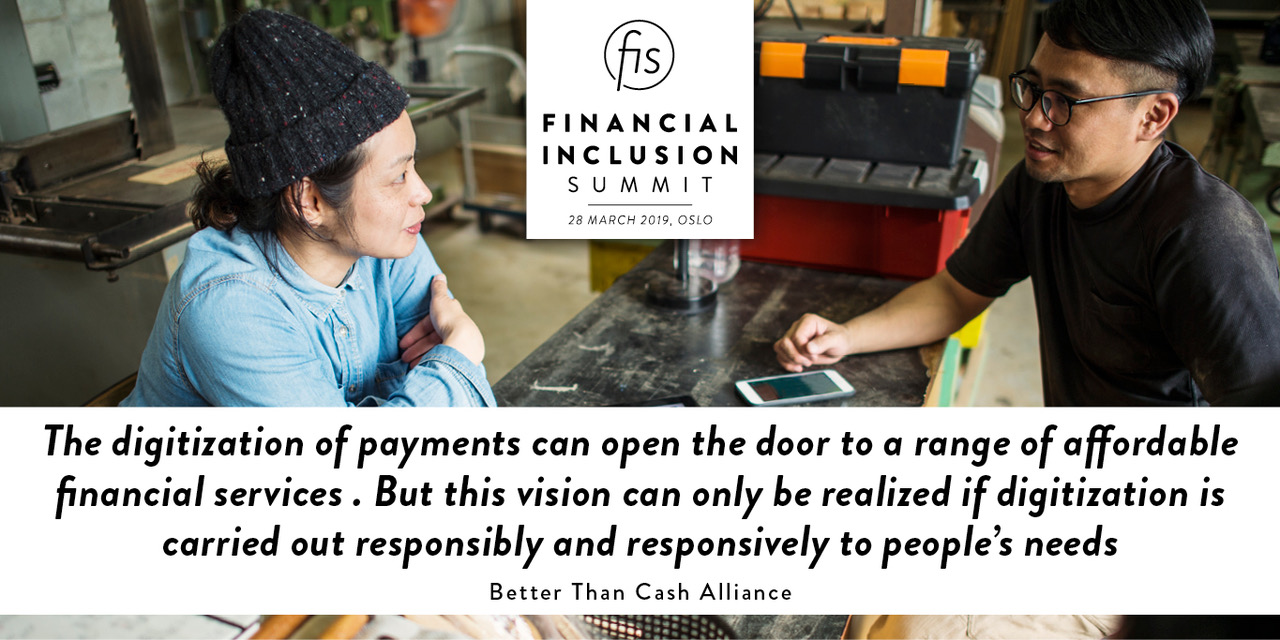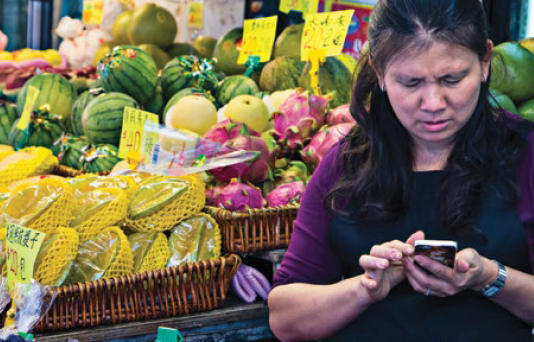
Interview with Better Than Cash Alliance
The “dream”, how it all started
The Better Than Cash Alliance’s mission is to catalyze a global movement from cash to digital payments to help achieve the Sustainable Development Goals. In just six years, 70 members have joined the Alliance. These include national governments from Africa, Asia-Pacific and Latin America, companies and international organizations which have committed to digitizing payments.
Based at the United Nations, the Alliance accelerates the shift from cash to digital payments to harness a wide range of benefits, including efficiency, transparency, women’s economic participation and financial inclusion.
Challenges in the geographical areas of influence
Every day, billions of dollars in cash payments are made in emerging and developing economies, including payment of salaries, social welfare and business transactions. The problem with these cash payments is their lack of transparency, accountability and security.
For the 1.7 billion people excluded from the formal financial sector, the digitization of payments can open the door to a range of affordable financial services to help them save safely, seize economic opportunities and reduce their vulnerability. But this vision can only be realized if digitization is carried out responsibly and responsively to people’s needs.

Co-operation and partnerships
The Better Than Cash Alliance has 70 members and joins forces with other global organizations, like the G20, B20, the World Economic Forum, the Organization for Economic Co-operation and Development (OECD) and the International Monetary Fund (IMF). The Alliance is an implementing partner for the G20’s Global Partnership for Financial Inclusion.
Successes
By taking action on digital financial inclusion, the Better Than Cash Alliance members are igniting progress towards the Sustainable Development Goals – examples include:
SDG 1 (No Poverty) > The Government of India made great strides on bringing people into the formal financial system between 2014 and 2017, with total account ownership rising from 53% to 80% and from 43% to 77% for women. By digitizing its Direct Benefits Transfers scheme, the Government of India has saved over $17 billion since 2013.
SDG 5 (Gender Equality) > Women represent between 60-80% of workers across the supply chains of our corporate members Gap Inc., H&M, Marks & Spencer and Inditex. Digitizing wages empower women to have more control over financial decisions in their households. In Bangladesh, BSR’s HERFinance initiative for digital wages helped increase workers’ access to formal financial accounts from 20% to 98% and access to savings accounts from 28% to 43%. Mobile phone ownership among women workers increased by 75-91%.
SDG 7 (Clean Energy) > Digital finance helps utilities and mini-grid operators shift toward low-cost, prepaid or pay-as-you-go services, increasing financial viability. 20 million un-electrified households could benefit from pay-as-you-go solar energy by 2022. For example, in Ghana and Côte d’Ivoire, PEG Africa uses its solar devices to help customers establish a credit rating and access loans and is on track to reach 500,000 people with this life-changing service.
The Financial Inclusion Summit takes place in Oslo, Norway, on 28 March 2019. To find out more or request an invitation, visit: https://financial-inclusion.com/#register
Follow us on @FinIncSummit #fintechforall
